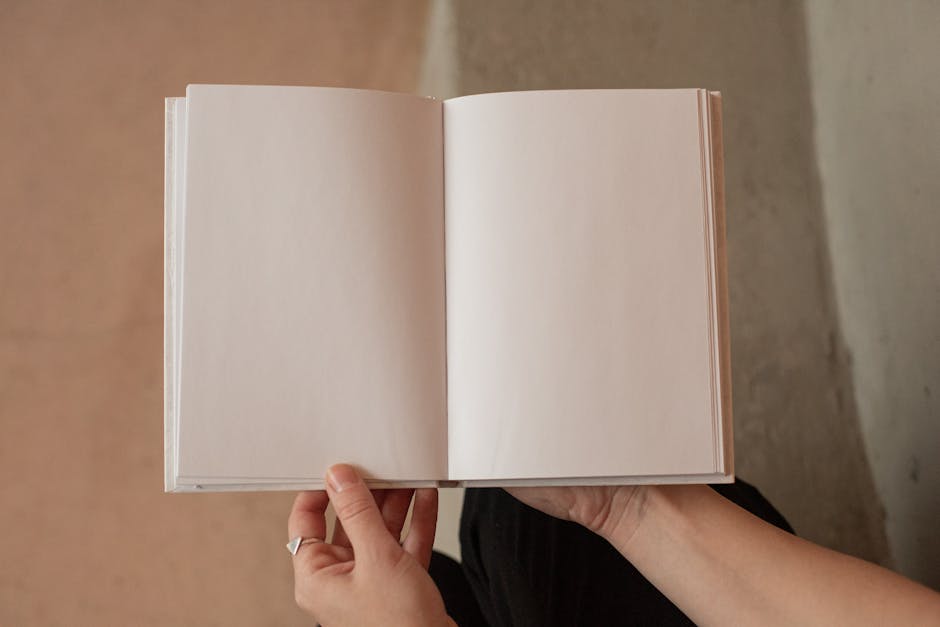A Performance for the Ages
It was a performance worthy of the grandest stage. The lights were on, the cameras were rolling, and the protagonist, Boris Johnson, was ready for his close-up. The setting wasn’t a Shakespearean theatre, however, but the UK’s Covid-19 Inquiry—a place of national reckoning, where the ghosts of over 200,000 deaths lingered in the air. For anyone expecting a solemn display of contrition from the former Prime Minister, what they got was something else entirely: a masterclass in deflection, served with a side of theatrical sighs and self-pitying smirks.
As political sketch writer John Crace so brilliantly skewers, the overwhelming impression from Johnson’s testimony wasn’t one of a leader grappling with the monumental weight of his decisions. Instead, it was that of a man deeply inconvenienced by the entire affair. Oh, the sheer bother of it all! Having to sit there for hours, answering tedious questions from lawyers, while the nation’s bereaved families watched on, their grief a silent, damning indictment.
A Familiar Political Playbook
The spectacle feels both bizarre and troublingly familiar, a playbook seen in politics worldwide. We have all seen leaders who treat public accountability not as a duty, but as a personal affront. The strategy is universal: obfuscate, charm, and when all else fails, play the victim. Johnson, a man whose entire career is built on a carefully curated persona of bumbling brilliance, executed it to perfection.
He ran his hands through his now-famous mop of hair, sighed the weary sigh of a misunderstood genius, and offered apologies that felt more like strategic manoeuvres than genuine expressions of remorse. “I’m sorry for the pain and the loss and the suffering,” he’d say, the words hanging in the air, hollow and weightless. Moments later, he would be smirking at a turn of phrase or launching into a rambling, classics-laden monologue that served only to eat up the clock and exhaust his interrogators.
A Tale of Two Britains
The central tragedy, of course, is the cavernous disconnect between the man at the podium and the reality of the pandemic. While Boris Johnson was sighing about the difficulty of his job, the families in the room were reliving the final, lonely moments of their loved ones. While he was complaining about the “toxic” culture in Downing Street, they were remembering the rules they dutifully followed—rules that were allegedly being flouted with wine and cheese just metres from where they were being made.
This wasn’t just an inquiry; it was a tale of two Britains. One, inhabited by a political class for whom consequences are abstract concepts. The other, inhabited by millions who paid the price for those decisions in the most permanent way imaginable. Johnson’s performance was aimed squarely at the former, an attempt to shape his legacy and paint himself as a colossus felled by lesser men and an impossible virus.
The Smirks That Gave the Game Away
Ultimately, the smirks give the game away. They betray a fundamental lack of gravity, an inability to comprehend the scale of the trauma he presided over. He wasn’t just the Prime Minister; he was the nation’s custodian during its darkest hour in living memory. That role required empathy, sobriety, and a profound sense of responsibility. What the Covid inquiry revealed was an abundance of ego and a deficit of everything else.
So, will no one think about poor Boris? It is the great, sarcastic question of the week. The answer, of course, is a resounding no. The nation is too busy thinking about the grandparents they couldn’t hug, the funerals they couldn’t attend, and the leaders who partied while they mourned. Johnson can sigh all he wants, but the echoes of that suffering will long outlast his performance.




